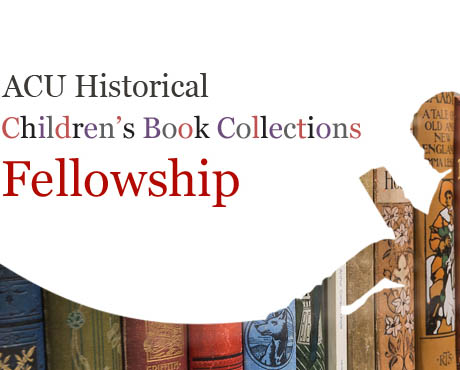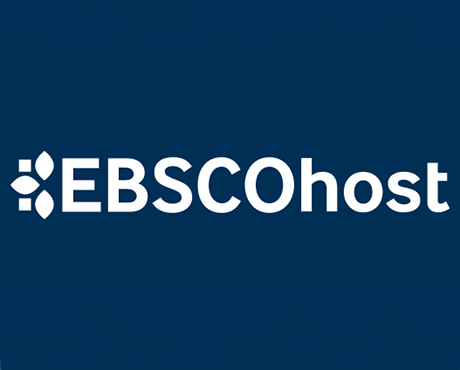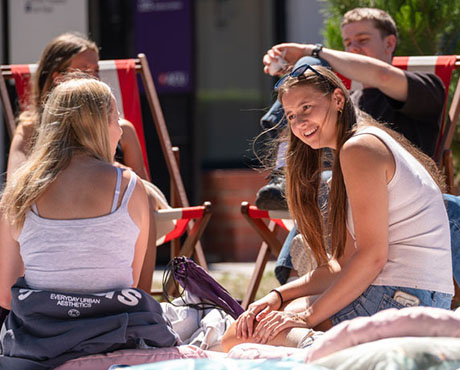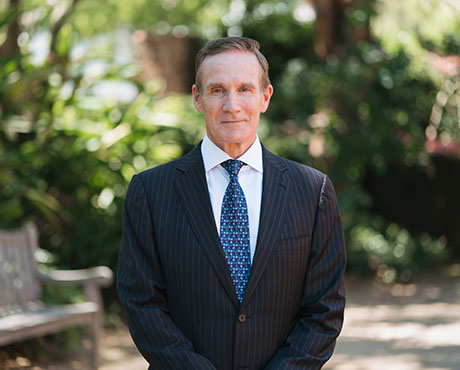
Have you visited Viva Engage yet?
News 16 DecemberViva Engage is here. Access it easily via Microsoft Teams.
05 February 2025
Share
A message from the Executive Dean of Theology and Philosophy, Professor Richard Colledge
Those famous reputed words of the nineteenth century English Baptist preacher Charles Spurgeon – “Begin as you mean to go on, and go on as you began” – can easily become the stuff of new year resolution cliché if we let them. Yet there is something both inspirational and bracing about them. For they call us to a certain integrity of action: to breathe in the fresh air of a new annual adventure, to dare to take the first step, and to have the courage to persist. As 2025 lays ahead of us like a still-fresh canvas, may we begin well and continue in that spirit as we work together to do wonderful things.
Of course, beginning well also means building on the year past: celebrating what was achieved, being ready to try again where things didn’t flourish as planned, but also recognising the new beginnings that we hope will come to bloom in the year ahead. As the summer break already disappears into the rear vision mirror and Semester 1 looms, I’m most taken by the last of those categories: examples across the Faculty of Theology and Philosophy where new initiatives have begun and are set to take off in 2025.
One example relates to the possibilities for developing partnerships with universities in South East Asia. A visit late last year to Java, Indonesia (the world’s most populous island, I learned!), revealed a series of wonderful opportunities to partner with colleagues in a region right on our global doorstep. In meetings with colleagues at a range of universities – state, Catholic and Islamic – I was struck by their openness and keenness to collaborate in research, research training and education. There are many opportunities to engage across a range of areas, from inter-religious dialogue, to applied ethics, to a series of themes around human flourishing and integral human development. There are clear ways that the faculty can be of service to communities across Indonesia, providing upskilling for staff, higher degree pathways for students, and perhaps also new ventures in transnational education, especially at Masters level.
Another example is the groundwork laid last year for the revitalisation of the Core Curriculum, with a series of new units (and unit updates) that are currently winding their way through our academic governance processes. The work of building these units now in Canvas modules is major work for 2025. I’m excited about the possibilities that this revitalised curriculum can mean for our undergraduate students, and I’m also keen to investigate ways that the Core might open up conversations more broadly across our university concerning the depth and breadth of our Catholic intellectual heritage.
A final example relates to developing international research partnerships that are so crucial not only for ensuring our research maintains its global currency, but also positions the faculty to contribute strongly to ACU’s Vision 2033 research goals. Cases of individual researchers across the faculty building research collaborations internationally abound, and we look forward to many of these blossoming into larger scale – potentially funded – projects. There are also a range of large-scale projects that span the faculty: from the IRCI Biblical and Early Christian Studies “Flourishing in Early Christianity” project that involves collaboration with researchers at Harvard and Baylor universities and beyond; to the School of Theology and Xavier Centre’s “Inclusive Governance in a Synodal Church” project in collaboration with researchers from Durham University and numerous ecclesial connections; the IRCI Religion and Theology program’s “Theology of Catholicities” project that engages with staff from St Andrews, Oxford and Katholieke Universiteit Leuven; to the School of Philosophy’s Philosophy of Religion project collaborations with Boston College. Similarly strong partnerships are being developed by the faculty’s Centre for the Study of Vatican II, the Queensland Bioethics Centre, the Loyola Institute, to name just a few.
In nurturing what has been planted, may we take the time this year to enjoy the transition – where they occur – of buds to blooms.

Viva Engage is here. Access it easily via Microsoft Teams.

A message from Interim Executive Dean, Faculty of Education and Arts, Professor Phil Parker

The library is supporting the ACU Historical Children’s Book Collections 2025 Fellowship. It is an opportunity to conduct research on our historical collection of children’s books, located at St Patri...

A new Adjunct and Honorary Titles Policy and Procedure has been approved and is now in effect at ACU.

Advance your career in teaching and learning with the Graduate Certificate in Higher Education. Enrol by 22 June to get started in Professional Term 5.

Include an additional survey item in the Student Evaluation of Learning and Teaching (SELT) survey for units that are offered in ACU Online Term 2 (202536).

On 24 June ACU will transition to the new EBSCOhost. This will result in a new look and feel across some of our most popular databases. Learn more about the changes and what action may be required of ...

Teaching staff are encouraged to check their units have been correctly linked to their names for the Student Evaluation of Learning and Teaching (SELT) surveys in upcoming teaching periods.

Please be aware of the following changes to payroll processing dates.

ACU has three student modules: the Academic Integrity, Respectful Relationships, and Protecting our Children modules. Semester 1 students must complete their modules by 1 July to access their results ...

As part of Student Administration's commitment to service excellence, AskACU will be running on-campus re-enrolment drop-in sessions in July, while CMAS enhancements will improve information available...

The Student News and Events bulletin is sent to all students, nationally, and includes a broad cross-section of news, announcements, events and stories from across the university. The May edition is o...

A message from the Chief Operating Officer Patrick Woods.

Register for these 15-minute sessions to learn more about the variety of online researcher profile platforms and what is involved in setting up, linking and updating your profile.

Lecturers-in-charge can make a direct determination of Poor Academic Practice (PAP) for students who engage in minor forms of academic misconduct. Learn why they can be valuable to staff and students.

A reminder to all academic staff that the mandatory Notice of Intent, for those intending to apply for promotion in the 2025 round, must be submitted by 11.59pm this Friday (30 May).

ACU is developing a new Education and Student Success Plan to ensure our university continues to provide a high-quality, student-centred learning experience. Find out how you can contribute to the pla...

Expect a few email notifications as we prepare to welcome you to Viva Engage next week.

Include an additional survey item in the Student Evaluation of Learning and Teaching (SELT) survey for units that are offered in Professional Term 4 (202547).

An update from the Executive Dean of Law and Business Professor Andrew O'Neil.
Visit Service Central to access Corporate Services.